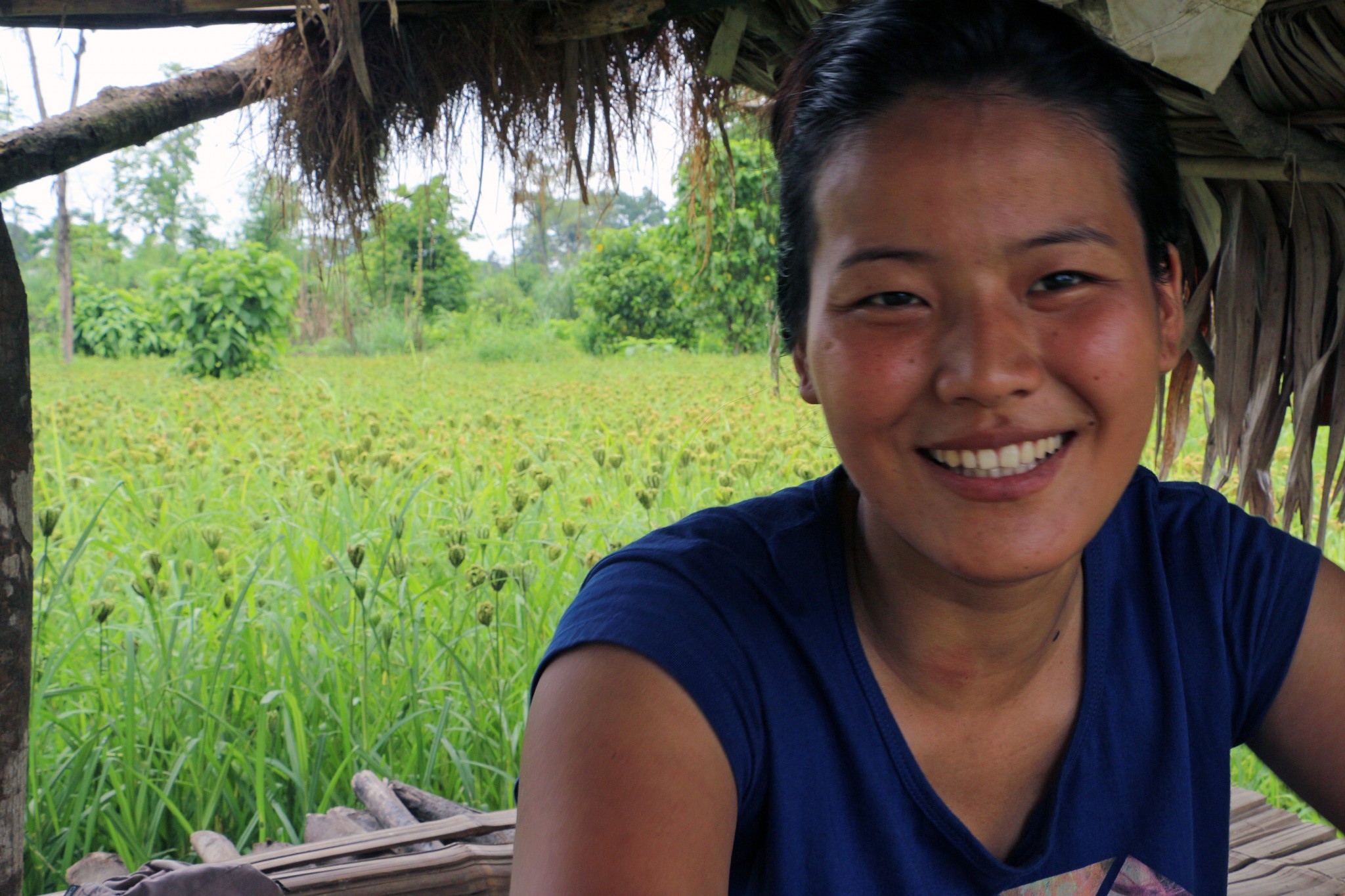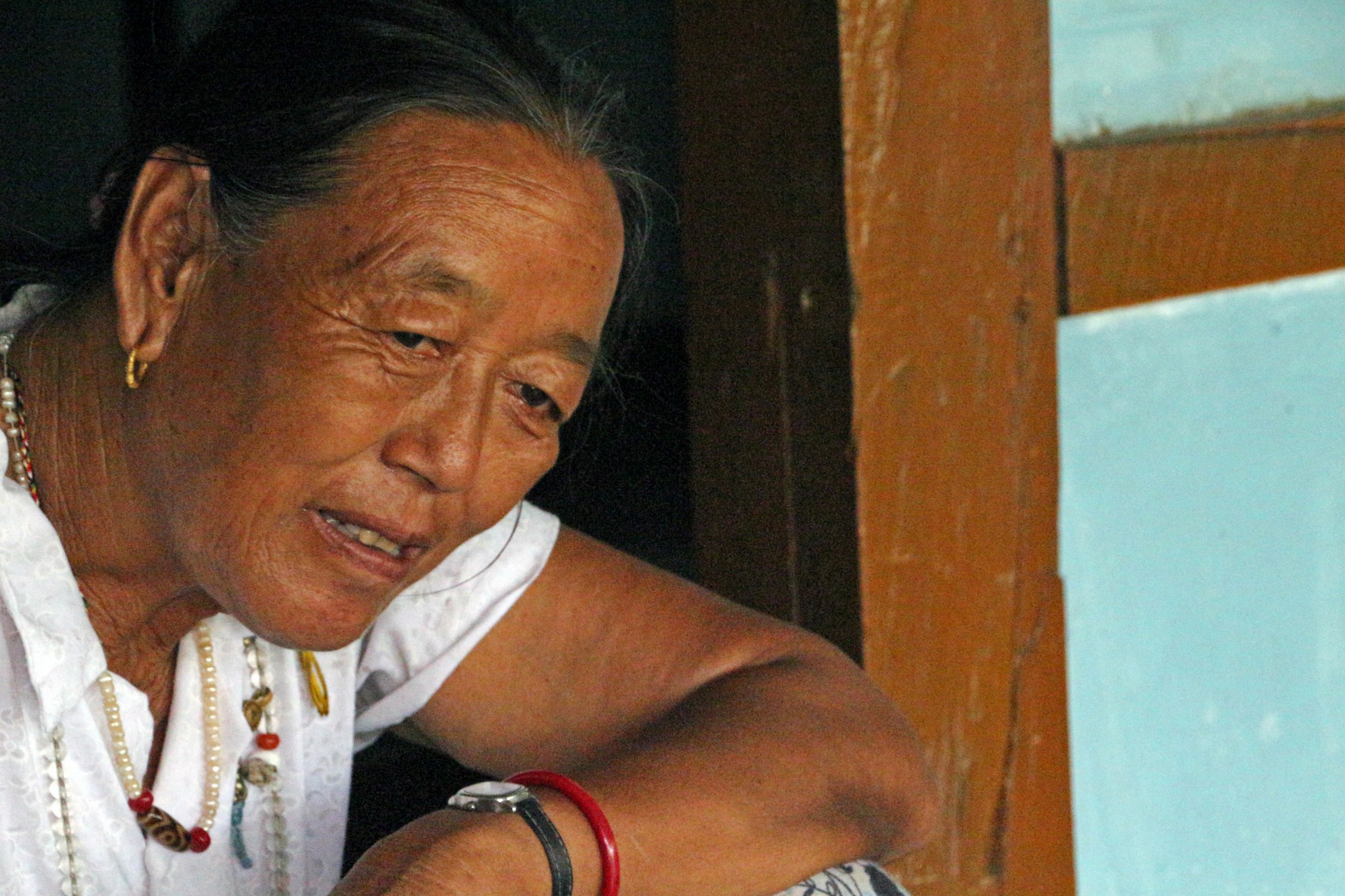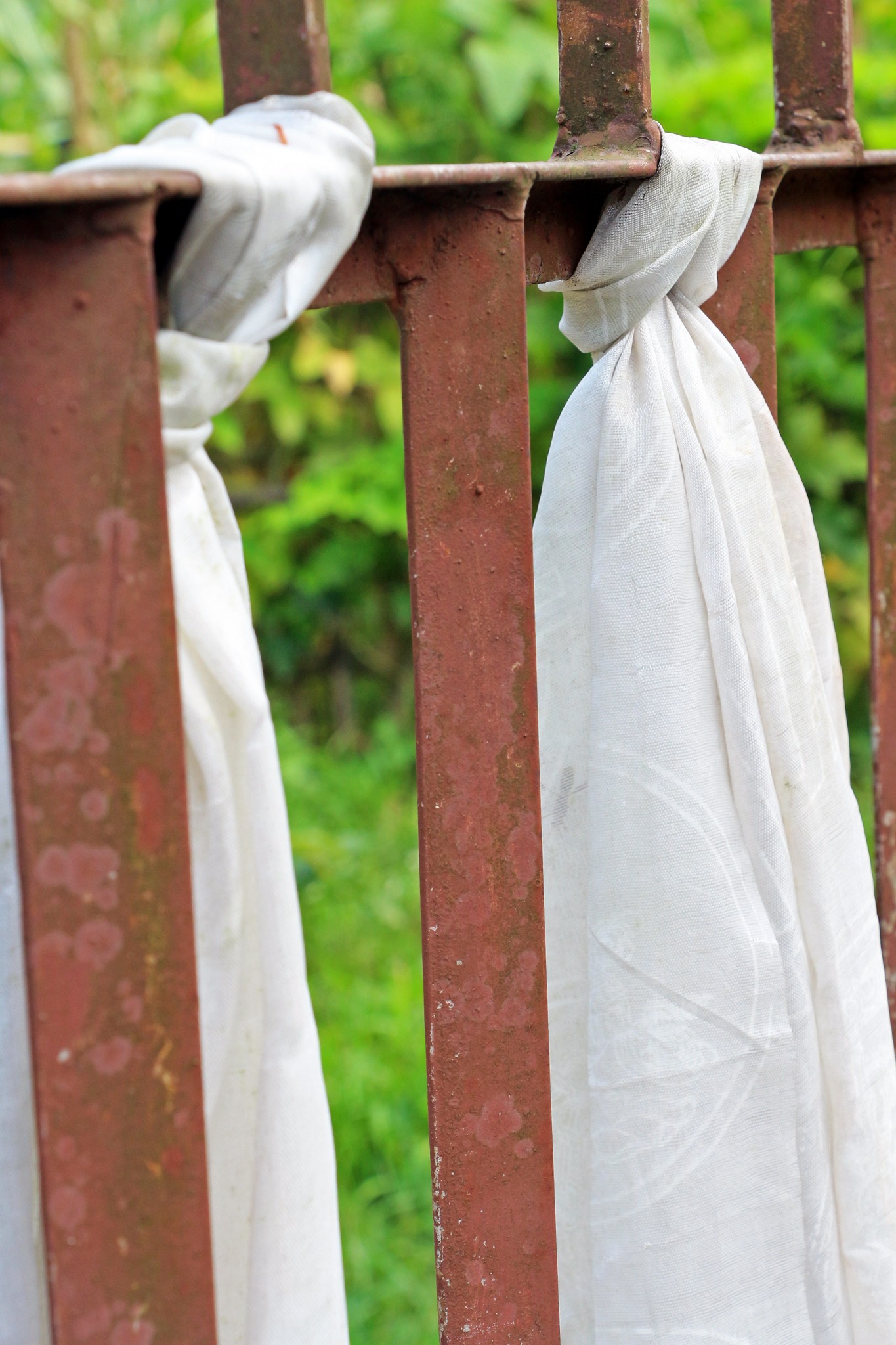Those who were left behind
By November 2014, Namgyal had a job, he was living on his own but he had no time for any kind of vocational or language training. Around the same time back in Miao, Dorjee Dolma found out she had passed the second medical examination and only had a couple weeks left before she moved to Canada. The monsoon season had ended and she was still hanging around at home wondering when she would leave. “I’m feeling bored,” she said about her time then. She’d been mentally preparing to leave her family for months and was tired of being in limbo.
Her uncle’s family had already reached Canada. Her father’s brother, a stone-faced slender man with limited English, applied for a family lottery ticket and won. He had left for Ottawa in November 2013, found a full time job at a factory, and got a rental home so that when his family joined him in April, they were already partially set up. In the spring, his wife, their daughter and two sons, were reunited. The children started school right away, and a few months later, the oldest son said he plans to apply for university in a year after he finishes high school.
Their life in Canada came at a cost. They could only take immediate family members with them, and they had to leave their 65-year-old grandmother behind to live alone in the house they once shared together.
“I feel so lonely now after they left,” Dawa Chodon said in Miao, after living on her own for two months.
The home is riddled with reminders of the family. In one room, the youngest boy’s backpack rests on one of the three empty beds. There is a stand full of the children’s shoes. A little toy car sits on a dresser. A mobile phone lies on the kitchen table, where Chodon waits to hear from her family in Ottawa. Chodon gets choked up when she speaks about the family, particularly the youngest one who she spent the most time with before they left.
“I don’t regret them leaving. The parents did it for the children for a better life. My life is almost complete,” she said while holding back tears.
Chodon is still a strong woman and taller than many of the men in the settlement. Every day she continues to maintain the household chores on her own. She walks her cow to the field to graze; she cleans, cooks and makes several trips to the monastery to pray. Before the sun sets, she retrieves the cow, and ties her up in the small shelter outside her home. The people from Miao make sure she isn’t lonely, and she often has visitors. Sometimes her friend Tsering Tsomo stops by to keep her company. They pray together and occasionally her friend spends the night.
Chodon didn’t want her grandchildren staying. She doesn’t have an education and she wanted more for them by getting educated in a developed country. In 1959, when she was eight, she crossed the Himalayas to escape the Chinese in Tibet and eventually settled in Miao. She always hoped that her grandchildren would be able to go to Tibet one day, but she never imagined that her family would be accepted in the lottery to immigrate to Canada.
“It’s like a dream,” Chodon said.
Before the family left, they tied two traditional white khata scarves outside her gate. They promised her they would return one day to see her.
NEXT PART
Credits
Story and visuals by SHANNON LOUGH
Carleton University 2015



